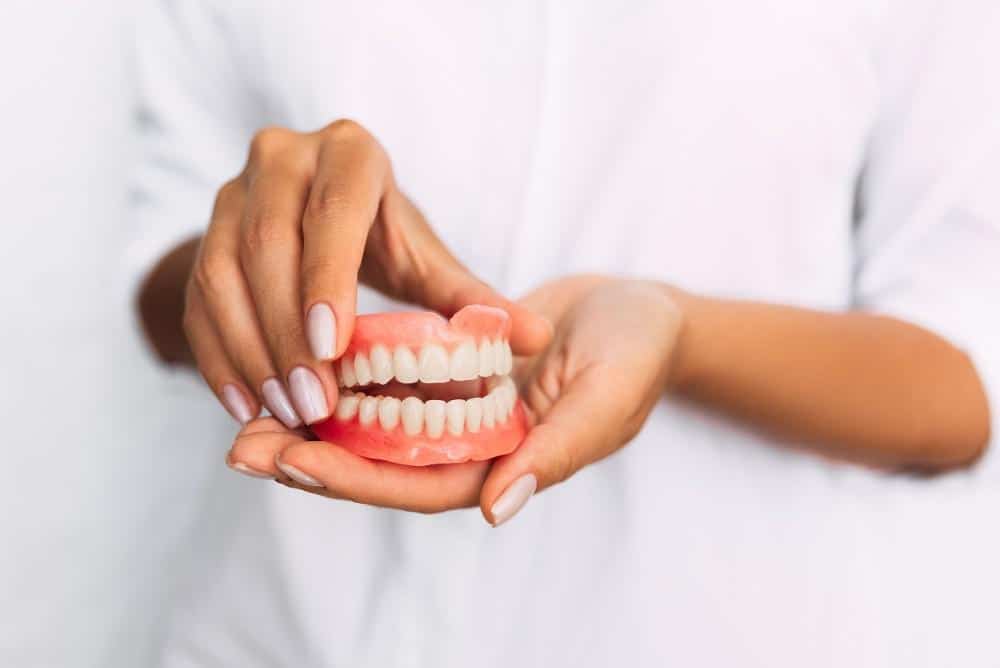Roughly 41 million Americans wear dentures, replacing one, several, or all of their teeth. The Glen Dental is a leading provider of beautiful dentures using state-of-the-art materials, helping our patients in San Jose, California, improve their oral health and feel more confident after tooth loss.
One of the biggest benefits of dentures: They’re a suitable option for just about anyone who’s missing natural teeth, no matter how many teeth are missing. Full dentures replace an entire row of teeth (the upper arch or lower arch), while partial dentures replace anywhere from a single tooth to nearly a full arch.
But although dentures are a good choice for most people, not all patients are good candidates for dentures. There are some issues that just might make dental implants or bridges a better solution.
Thin jaw bone
Resting on top of your gums, dentures are supported by your jaw bones. If your jaw bone has thinned out over time, it may not be strong enough to support a denture, or it may not be broad enough to achieve a secure fit.
Some people are born with naturally thin or narrow jaw bones. More often, jaw bones thin out over time, typically as a consequence of tooth loss.
Normally, your jaw bone continually replenishes itself, replacing old bone with new, healthy tissue. That process depends on stimulation by the tooth roots, but if teeth are missing, that stimulation is missing, too.
Over time, your jaw bone stops replenishing itself, and it gets thinner and weaker. Not only does this make it harder for dentures to fit securely, but it can also lead to additional tooth loss. Replacing teeth promptly is the best way to avoid these pitfalls.
Oral cancers
Many oral cancers require substantial rebuilding of the jaws and other oral structures. As a result, a traditional denture may not fit well. Does that mean you can’t have a denture? Not necessarily.
What it does mean is that your treatment plan will be different, and the specific appliances used may be different, too. If you’ve had oral cancer, our team works with you to identify the best solution to help you replace missing teeth and restore normal bite mechanics.
One or two missing teeth
If you’re missing one or two teeth, a partial denture is one possible solution for restoring your smile and your bite. But some patients find a denture is too cumbersome for replacing so few teeth. In those instances, a dental implant or a bridge may be a better option.
Implants use titanium posts embedded in your jaw bone to support an artificial tooth (or crown). A dental bridge literally bridges the gap left by missing teeth. The bridge includes a framework attached to artificial teeth, and it attaches to the healthy teeth on either side of the gap.
Strong gag reflex
Today’s dentures are far more lightweight and use less material than the dentures your parents or grandparents may have worn. As a result, most dentures don’t extend as far back in your mouth.
Still, if you have a very strong gag reflex, an upper denture that covers your palate might feel uncomfortable. In this case, implant-supported dentures might be a better choice. These dentures are attached to your jaw bone with four or six implants, making them very secure.
Restore your smile with state-of-the-art dentures
Dentures are a time-tested way to replace missing teeth, and they can offer plenty of advantages. To find out if dentures are a good choice for your needs, book an appointment online or over the phone at The Glen Dental today.


